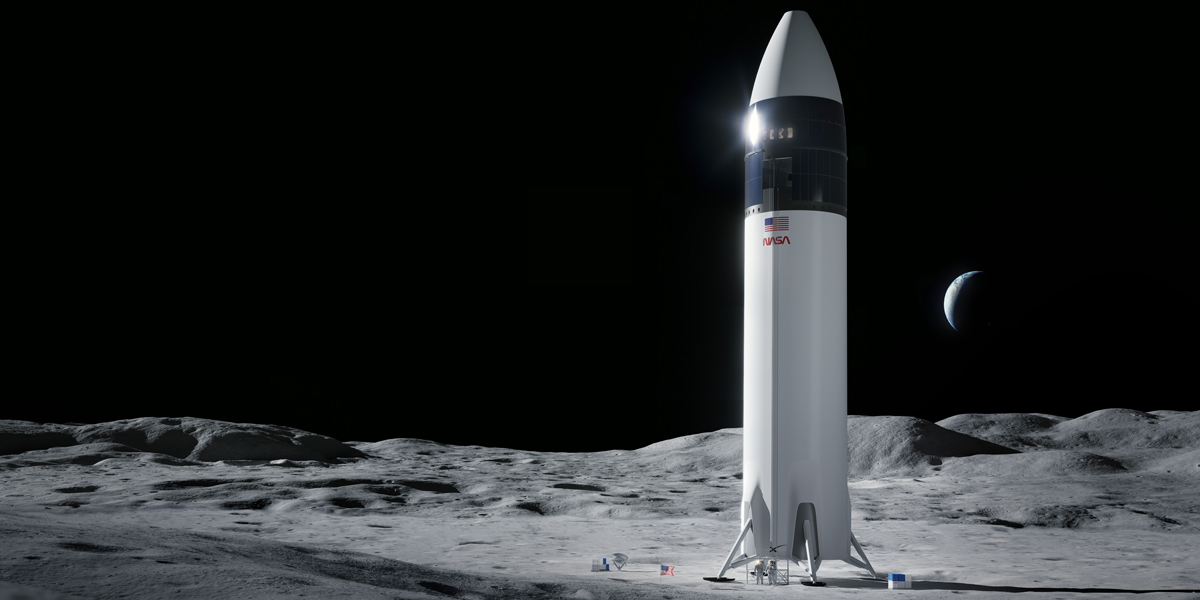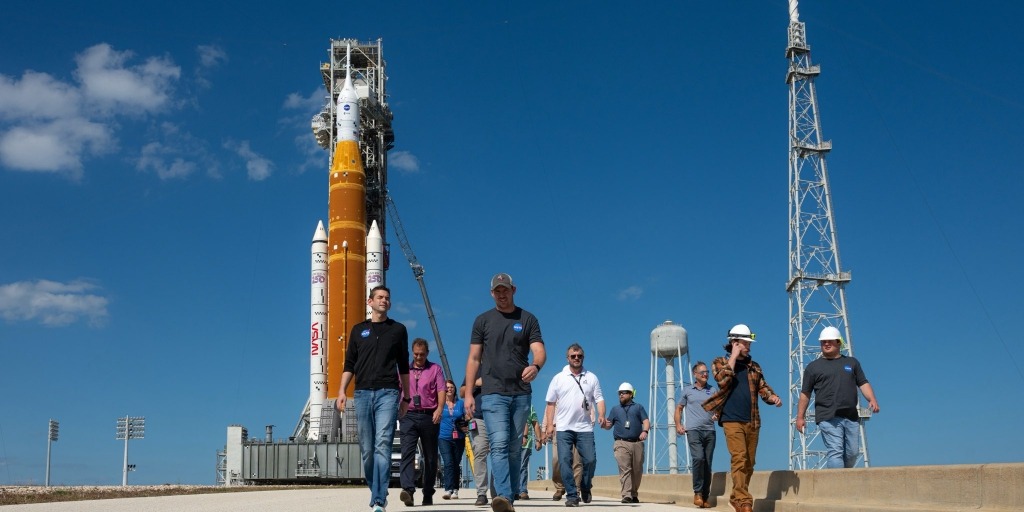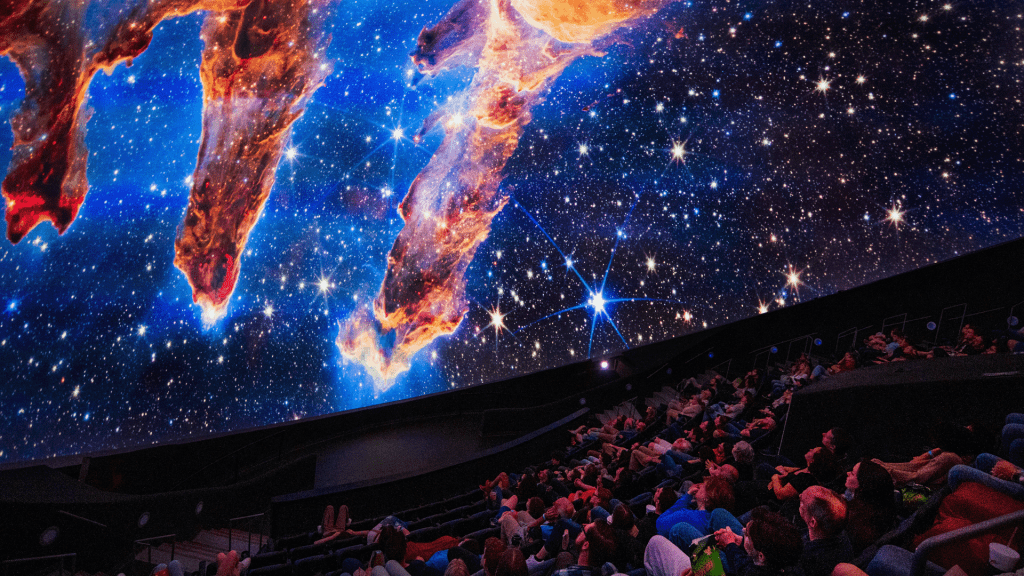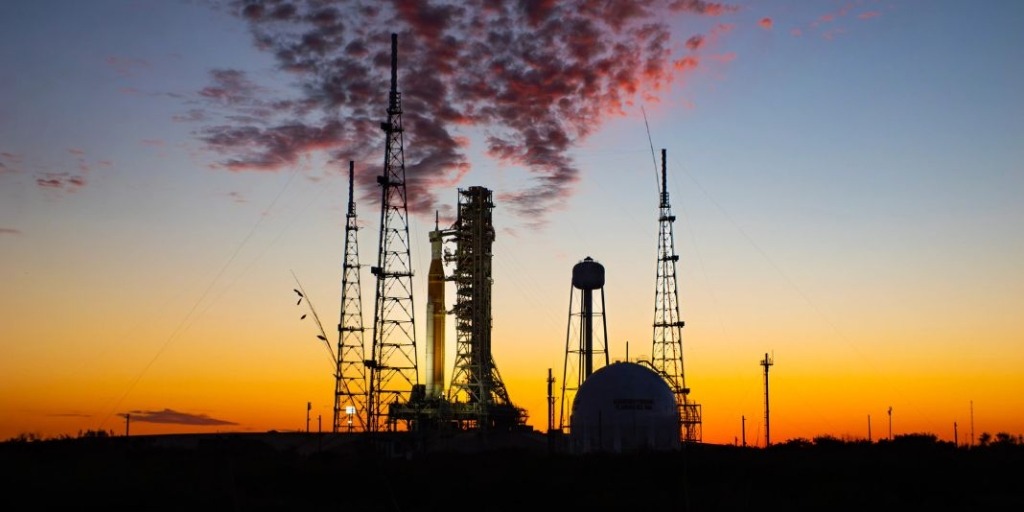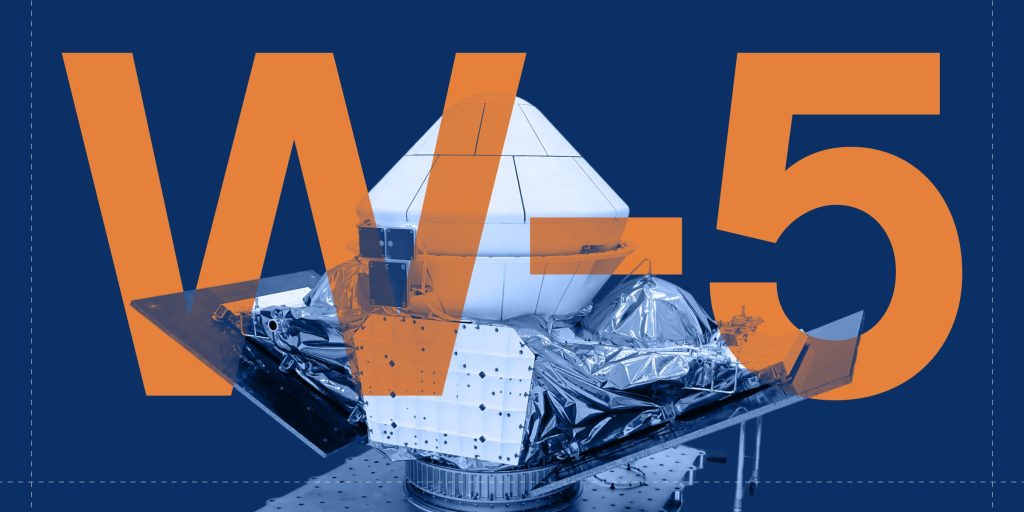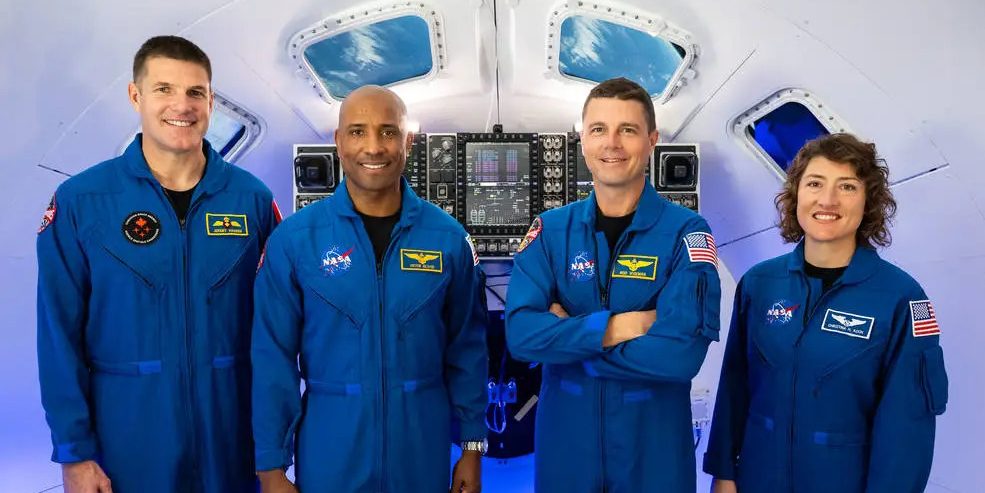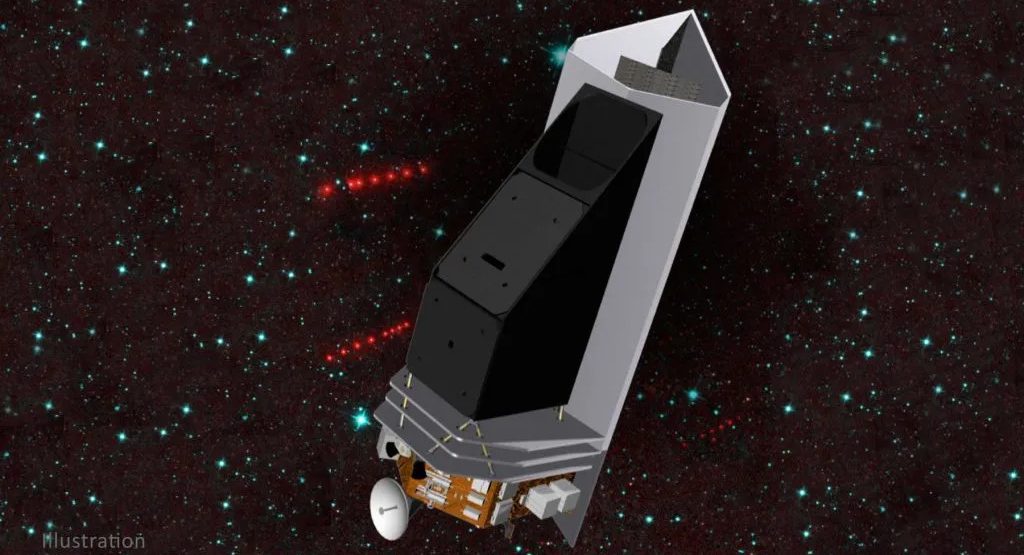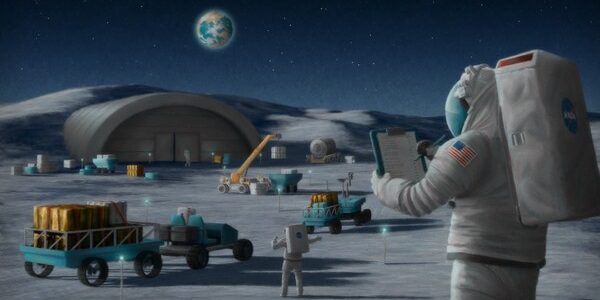HUNTSVILLE — NASA has awarded a contract modification to SpaceX for its Starship landing system to meet agency requirements for human exploration of the moon under Artemis.
With this addition, SpaceX will provide a second crewed landing demonstration mission in 2027 as part of NASA’s Artemis IV mission.
“Returning astronauts to the moon to learn, live, and work is a bold endeavor,” said NASA Administrator Bill Nelson. “With multiple planned landers, from SpaceX and future partners, NASA will be better positioned to accomplish the missions of tomorrow: conducting more science on the surface of the moon than ever before and preparing for crewed missions to Mars.”
Known as Option B, the modification follows an original award to SpaceX in April 2021. NASA previously announced plans to pursue this Option B with SpaceX. The contract modification has a value of about $1.15 billion.
“Continuing our collaborative efforts with SpaceX through Option B furthers our resilient plans for regular crewed transportation to the lunar surface and establishing a long-term human presence under Artemis,” said Lisa Watson-Morgan, manager for the Human Landing System program at NASA’s Marshall Space Flight Center in Huntsville. “This critical work will help us focus on the development of sustainable, service-based lunar landers anchored to NASA’s requirements for regularly recurring missions to the lunar surface.”
The aim of this new work under Option B is to develop and demonstrate a Starship lunar lander that meets NASA’s sustaining requirements for missions beyond Artemis III, including docking with Gateway, accommodating four crew members, and delivering more mass to the surface.
NASA initially selected SpaceX to develop a human landing system variant of Starship to land the next American astronauts on the Moon under Artemis III, which will mark humanity’s first return to the lunar surface in more than 50 years. As part of that contract, SpaceX will also conduct an uncrewed demonstration mission to the Moon prior to Artemis III.
The agency is pursuing two parallel paths for human lunar landers developed according to NASA’s sustained requirements to increase the competitive pool of capable industry providers – the existing contract with SpaceX and another solicitation released this year. The other solicitation is open to all other U.S. companies to develop additional human landing system capabilities and includes uncrewed and crewed demonstration missions from lunar orbit to the surface of the Moon.
Astronaut moon landers are a vital part of NASA’s deep space exploration plans, along with the Space Launch System rocket, Orion spacecraft, ground systems, spacesuits and rovers, and Gateway.


